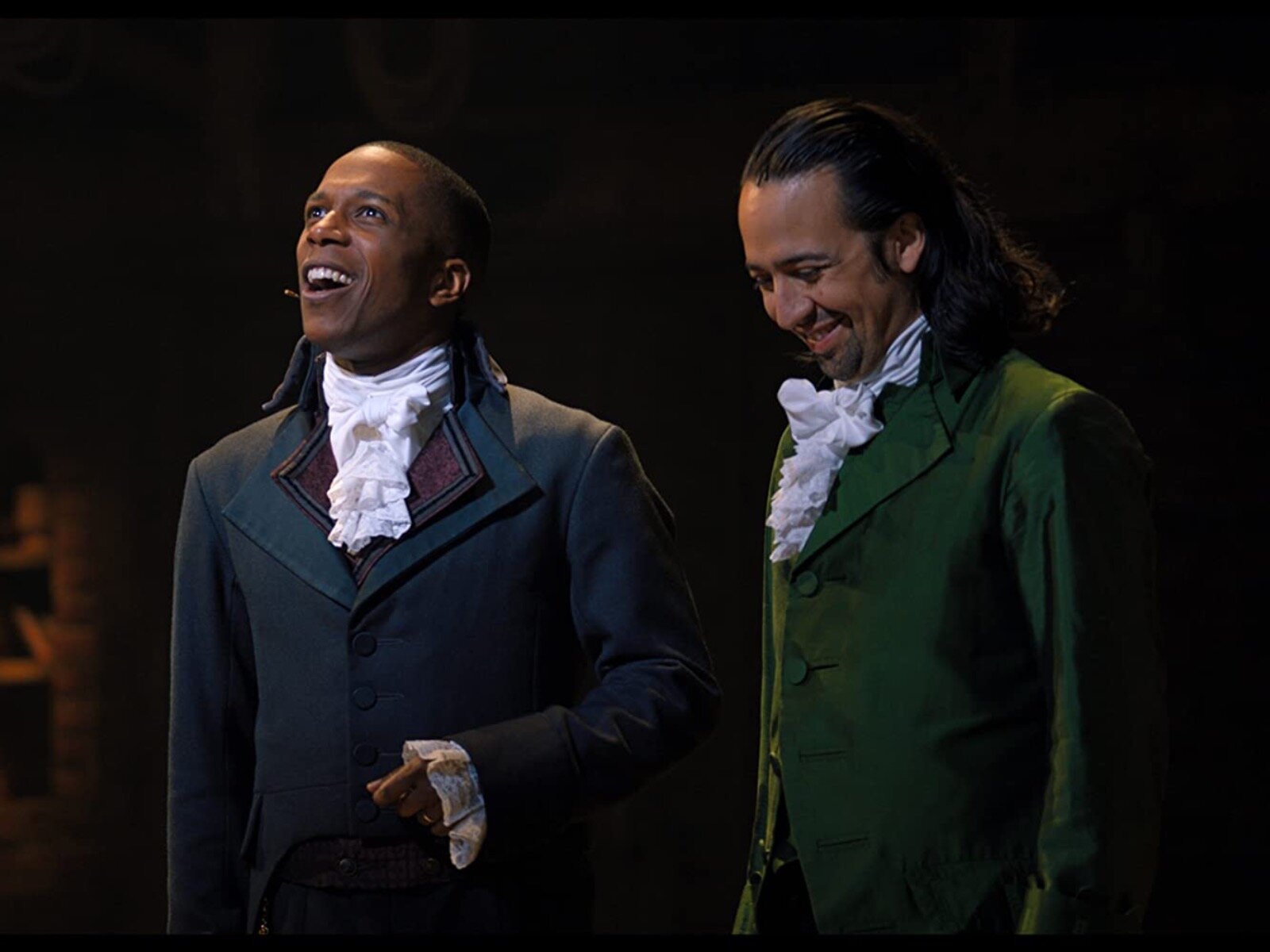George Clooney. Matt Damon. John Goodman. Cate Blanchett. Bill Murray. Jean Dujardin. Bob Balaban. That’s not simply a cast; that’s a gray-haired Avengers where everybody’s superpower is limitless, as well as effortless, screen charisma. It’s an all-star team, one with five Oscars, 12 nominations and countless classics between everybody – and I didn’t even mention Hugh Bonneville of "Downton Abbey."
Yet despite the seemingly dangerous amount of star power voltage, "The Monuments Men" mostly just flickers to life. Clooney’s latest trip behind the camera (his last was 2011’s equally star-studded shadowy political drama "The Ides of March") is eager to get the audience to feel, as the kids would say, all of the feels. The film is so uninvolving, though, that it – and especially Alexandre Desplat’s grab-bag score – ends up doing all the feeling for the viewers.
The movie is no disaster. In fact, technically, it’s quite competently made. Considering the talent involved, though, competent feels like disappointingly mild praise.
It’s late in World War II, and Nazi Germany is rounding up as much priceless art from across Europe as it can. If they win the war, it’ll all wind up in Hitler’s massive, grandiose Fuhrer Museum. If they lose, the iconic pieces are to be destroyed. Thousands of years of unfathomable history and culture simply turned into collateral damage, lost forever.
With the tepid support of President Roosevelt, Lt. Frank Stokes (Clooney) assembles a small ragtag team of artists and scholars to head into Europe in the hopes of recovering and protecting these priceless works. It’s essentially a suicide mission, made even riskier by their age, physical limitations and complete unfamiliarity with combat. Think of it as "Saving Private Renoir," if you will (complete with reminiscing old man epilogue).
Private Ryan himself, Matt Damon, actually gets to participate this time, as he’s sent into Paris to convince a former art dealer (Blanchett), suspicious of their true motives (the Russians are searching for art, as well, but bringing it back home as trophies), into helping their cause.
The rest of the team is split up as well. Mismatched pair Murray and Balaban are teamed up, while Dujardin ("The Artist") and Goodman are another, more amicable duo. Meanwhile, Bonneville attempts to protect Michelangelo’s "Madonna and Child" in Bruges.
The script from Clooney and his usual production partner Grant Heslov (who makes a brief appearance as a war doctor) attempts to balance sentimental war drama with a comedy-laced WWII caper, but the two have a hard time gelling together.
In the case of the latter, it’s an oddly character-less caper (which is sad since much of the genre’s appeal – like "Ocean’s 11" or "The Italian Job" – comes from the eclectic mix of personalities). Murray and Balaban’s mismatched pair is given most of the comedic heavy lifting, but the movie gives little motivation for the duo’s antagonism, and the material overall for everyone is surprisingly slack.
Meanwhile, Clooney and Heslov attempt to weave the tepid laughs in with the drama, but the mixture of war-time tension and comedy ends up like trying to shoot two targets in a firing range with one shot: You end up hitting neither. Scenes – like a should-be tense run-in with a sniper and another encounter with a nervous, twitchy Nazi – come and go without leaving any impact. An impromptu trip to a dentist could seemingly go either way, then ends without going either.
The movie keeps landing in a bland no man’s land, and there’s an odd sense of vagueness – with the characters, the tone and even the story overall – ends up hanging over "The Monuments Men" like a sleepy grey fog, dulling any emotional response.
Seemingly sensing this, Clooney occasionally amps up the sentimentality to cloying levels. Its overall old school sensibility and vibe gives these moments an almost Spielbergian feel, but Clooney – and Desplat’s part military march/part twinkly heart-tugging and overbearing score – skews more toward "War Horse" Spielberg than the smart, deftly manipulative touch of his classic works.
It’s also worth noting that, for a movie dedicated to the argument that risking these men’s lives for art was worth the cost, the movie seems oddly uninterested in the art, especially in its front half. Instead of showing the audience why this art is so important, the script is content to let people (usually Clooney) simply do monologues about it. It works well the first time, but by the third heart-tugging voiceover speech, it loses its effect. For a movie surrounded by artistic inspiration, it’s a bit uninspired.
Not everything in "The Monuments Men" is a dramatic blank, however. Though I would struggle to describe Clooney as anything close to a creative or inventive director, he is a capable director. He’s nothing special, but he gets the job done with a touch of WWII caper spirit – even if it could’ve maybe used more than a touch.
Clooney also has a well-above capable cinematographer in Phedon Papamichael (currently nominated for his black-and-white work in "Nebraska"), who nicely captures the era with visuals that are nicely composed and warm without being too much.
Then there’s that hall of fame cast. The seasoned veterans make the most out of the thinly spread material, bringing character, camaraderie and weight to moments where there are none.
Murray has little to do than deliver his usual "oh, the hell with it" deadpan expression. A tear-wringing montage involving "Have Yourself a Merry Little Christmas" could’ve been intolerable if it wasn’t for Murray’s underplaying of the moment. Balaban is also enjoyable as his irritated and nebbish foil. The two have some of the movie’s brighter spots, including a scene where they pick apart a Nazi ruse with a smirk.
The rest of the cast is predictably solid as well. Oscar winners Clooney, Damon, Dujardin and Blanchett are all agreeable company. Bonneville is almost moving as one of the soldiers who has little left but the mission, and Goodman’s 1,000-mile stare during a tragic moment hits the heart more than any of Clooney’s speeches. Though to be fair, if we’re going to have useless voiceover narration, it might as well be Clooney with his warm yet authoritative voice.
The story of "The Monuments Men" is a fascinatingly quiet chapter from a part of history seemingly rung dry of new stories to tell. Credit must be given to Clooney for bringing their story to the screen. Bringing it to life, on the other hand, is a different matter.
As much as it is a gigantic cliché to say that one has always had a passion for film, Matt Mueller has always had a passion for film. Whether it was bringing in the latest movie reviews for his first grade show-and-tell or writing film reviews for the St. Norbert College Times as a high school student, Matt is way too obsessed with movies for his own good.
When he's not writing about the latest blockbuster or talking much too glowingly about "Piranha 3D," Matt can probably be found watching literally any sport (minus cricket) or working at - get this - a local movie theater. Or watching a movie. Yeah, he's probably watching a movie.







